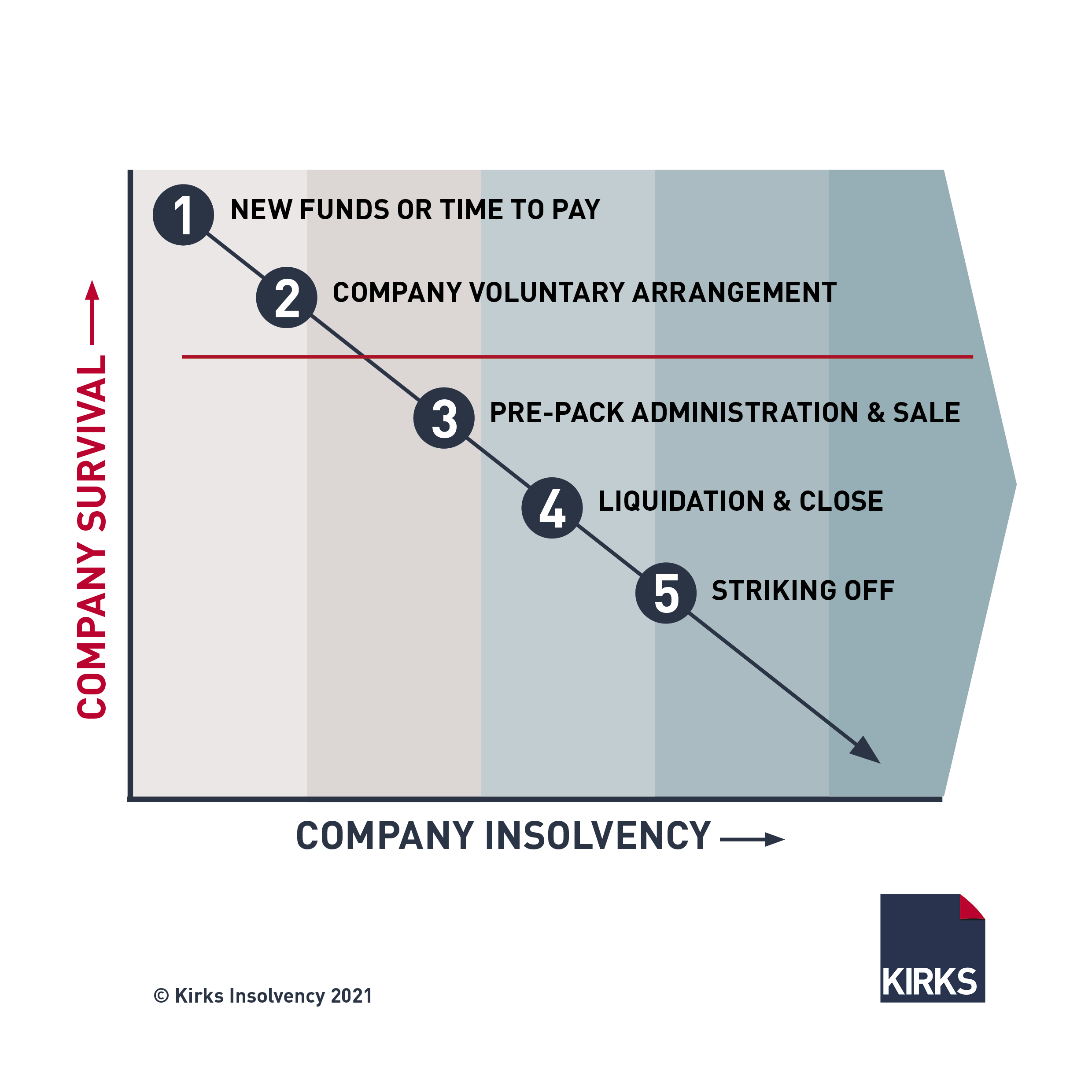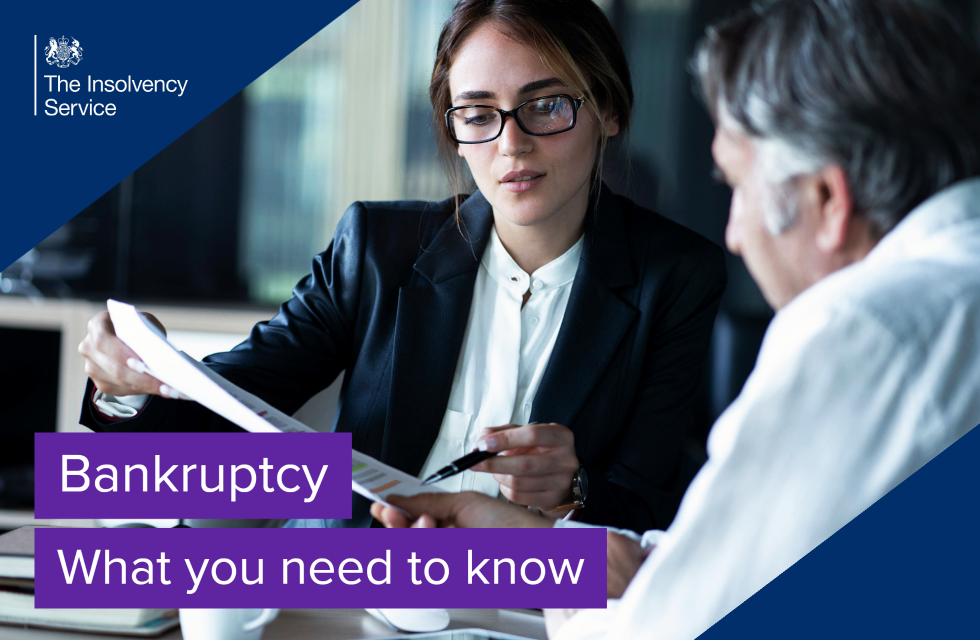A Biased View of Insolvency Practitioner
The Best Guide To Insolvency Practitioner
Table of ContentsThe Insolvency Practitioner IdeasUnknown Facts About Insolvency PractitionerInsolvency Practitioner Fundamentals ExplainedExcitement About Insolvency PractitionerSome Known Facts About Insolvency Practitioner.Things about Insolvency PractitionerThe 45-Second Trick For Insolvency Practitioner
Insolvency is when obligations are better than the worth of the business, or when a debtor can not pay the financial obligations they owe. A firm can end up being financially troubled as a result of a variety of situations that lead to inadequate money circulation. When confronted with bankruptcy, an organization or person can contact creditors directly and restructure debts to pay them off.Company owners might speak to financial institutions directly and restructure debts into even more convenient installations. Creditors are usually responsive to this approach due to the fact that they want to be repaid and stay clear of losses, even if the settlement is on a postponed schedule.
What Does Insolvency Practitioner Do?
The proprietor creates a proposal outlining exactly how the debt might be reorganized using cost reductions or other strategies for assistance. The proposal shows lenders just how business might generate enough capital for lucrative procedures while paying its financial obligations. Generally, a forgiven debt might be thought about earnings by the Internal Profits Service (IRS).

Indicators on Insolvency Practitioner You Should Know
When operations cease, so does the business's revenue (Insolvency Practitioner). Some companies come to be bankrupt due to the fact that their goods or services don't develop to fit customers' altering requirements.
Expenditures exceed revenues and expenses stay unpaid. Sorts of insolvency include cash-flow insolvency and balance-sheet bankruptcy. Cash-flow bankruptcy happens when a company has the assets to cover their financial obligations yet they remain in the incorrect kind, such as real estate as opposed to liquid funds. Balance-sheet insolvency, on the other hand, shows an absence of properties in any form to cover financial obligations.
The IRS states that a person is insolvent when the total responsibilities go beyond overall possessions. A bankruptcy, on the other hand, is a real court order that shows just how a bankrupt person or company will repay their financial institutions, or exactly how they will certainly offer their possessions in order to make the repayments.
The Single Strategy To Use For Insolvency Practitioner

Debt debt consolidation is when you incorporate multiple loans right into one brand-new lending, usually to attain better terms. Insolvency is not the exact same as bankruptcy, although a business that has actually come to be financially troubled may apply for personal bankruptcy. Bankruptcy is the state of not being able to pay your commitments while personal bankruptcy is a legal procedure to discharge your financial obligations.
Comprehending the elements that can lead to bankruptcy, such as overspending, can assist you prevent bankruptcy and its effects.
Insolvency Practitioner Things To Know Before You Get This
It is well recognized that directors and policemans of firms (and managers of restricted liability business) owe fiduciary obligations to their organizations and their investors (or participants). These fiduciary responsibilities are specified by state laws and, though there are variants from state to state, they commonly include a responsibility of commitment and a duty of care.
The task of treatment requires directors and policemans to look at more info work out persistance, to make enlightened decisions, and to act in excellent confidence so that their actions are in the finest passion of the firm. Beyond the range of this conversation, some states enable these obligations to be restricted either by so keeping in mind in the business records or abiding with various other needs.
Getting The Insolvency Practitioner To Work
The majority of states specify insolvency in 2 means( 1) when a business's liabilities become more than the amount of its possessions or (2) when the company comes to be incapable to pay its financial debts as they end up being dueand embrace both interpretations (Insolvency Practitioner). The change in tasks happens since when a company is insolvent, there is no worth in the business beyond that owed to the firm's lenders so that the equity owners no more have a financial stake in the firm
Beware about giving shareholders special treatment at the expenditure of creditors (e.g., licensing and moneying a returns or a supply redemption). Take care regarding special treatment between courses of investors. Make reasonable efforts to learn all the realities prior to taking a certain course of activity; directors must really believe that any useful reference decisions made remain in the most effective passions of the firm in its totality (i.e., decisions will be evaluated in hindsight because of the effect of such actions on the firm).
In any kind of personal bankruptcy or bankruptcy case, settlements made to particular lenders at the expenditure of other financial institutions can be clawed back, especially if there is some link in between the company and the financial institution. Think about suggesting at a yearly stockholder conference (or any type of other conference of investors) a resolution verifying that all prior company decisions and actions taken by the supervisors and policemans of the company were taken in good faith after an exercise of sensible care.
More About Insolvency Practitioner
Completely reveal any personal or business partnerships with celebrations beyond of purchases entailing the corporation to avoid the appearance of a conflict of interest. In assessing prospective fund elevating purchases or a sale of properties of the struggling corporation, realize that these purchases may be looked at later in light of any type of subsequent development of supervisors' fiduciary duties to include financial institutions.